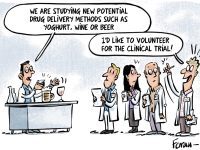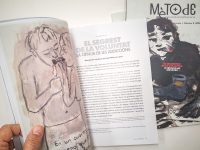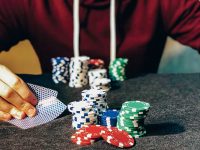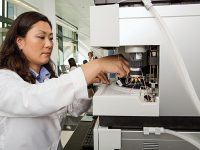Surely, we all know someone close to us who uses drugs. Consider, for example, tobacco or alcohol, or even marijuana. They may at some point have tried to stop using and, after somewhat longer or shorter periods of abstinence, have started using again.
Not every drug user develops an addiction: addicts’ lives revolve around compulsive drug-seeking and use; they lose control over their own decision-making and end up relapsing. This occurs because addiction is a brain disease that can modify its structure and functioning, affecting the areas of the brain responsible for controlling our behaviour. Addiction is a public health problem affecting a high percentage of the population and leads to health, family, and work-related problems.
This monograph reveals the evolutionary reasons for drug use and how drugs activate the same brain structures that have allowed us to survive as a species to the present day. It also analyses the important role of stress as a vulnerability factor in substance use. Alcohol, possibly the most widely consumed drug today, increases the probability of suffering from different cardiovascular and liver diseases, affects our immune and nervous systems, and even causes epigenetic alterations that can affect future generations. The social relevance of alcoholism makes it necessary for us to delve into potential intervention strategies and therapeutic approaches to overcome it. We will also look at the different pharmacological approaches to drug addiction treatment and the study of their effectiveness in different stages of clinical trials. Finally, and no less important, we thought it very appropriate to include a paper on gambling disorder, because the neurobiological circuits underlying this disorder are similar to those activated by substance use, and at the moment it is a serious problem among adolescents and young adults.





